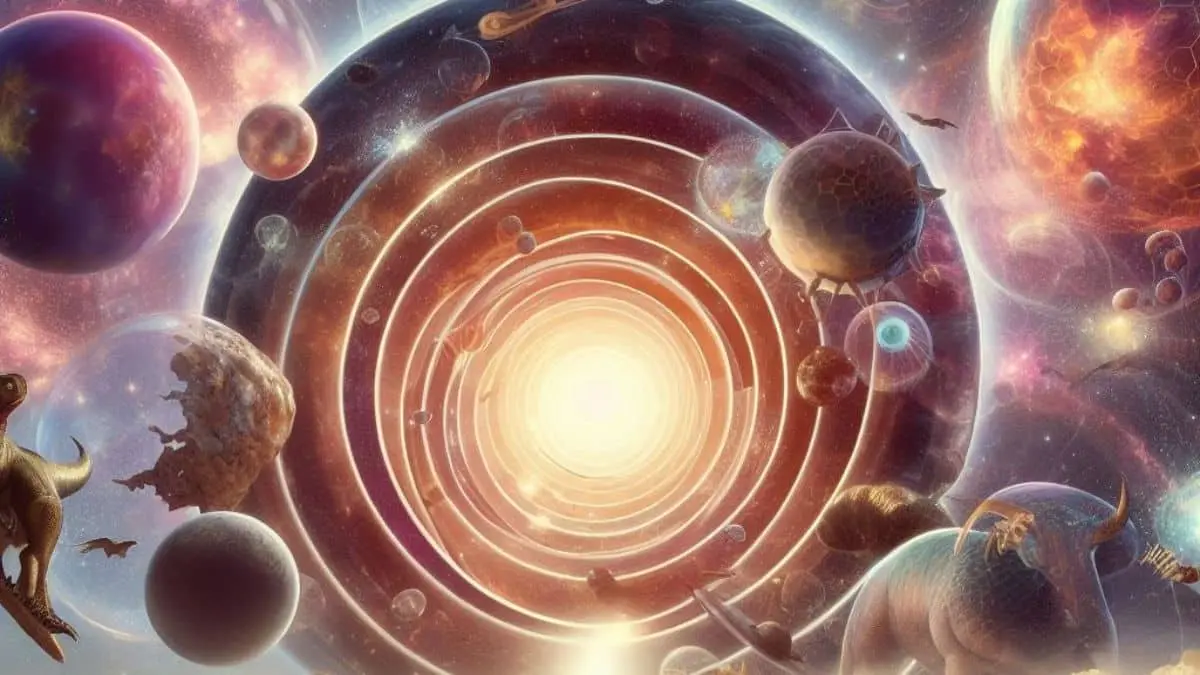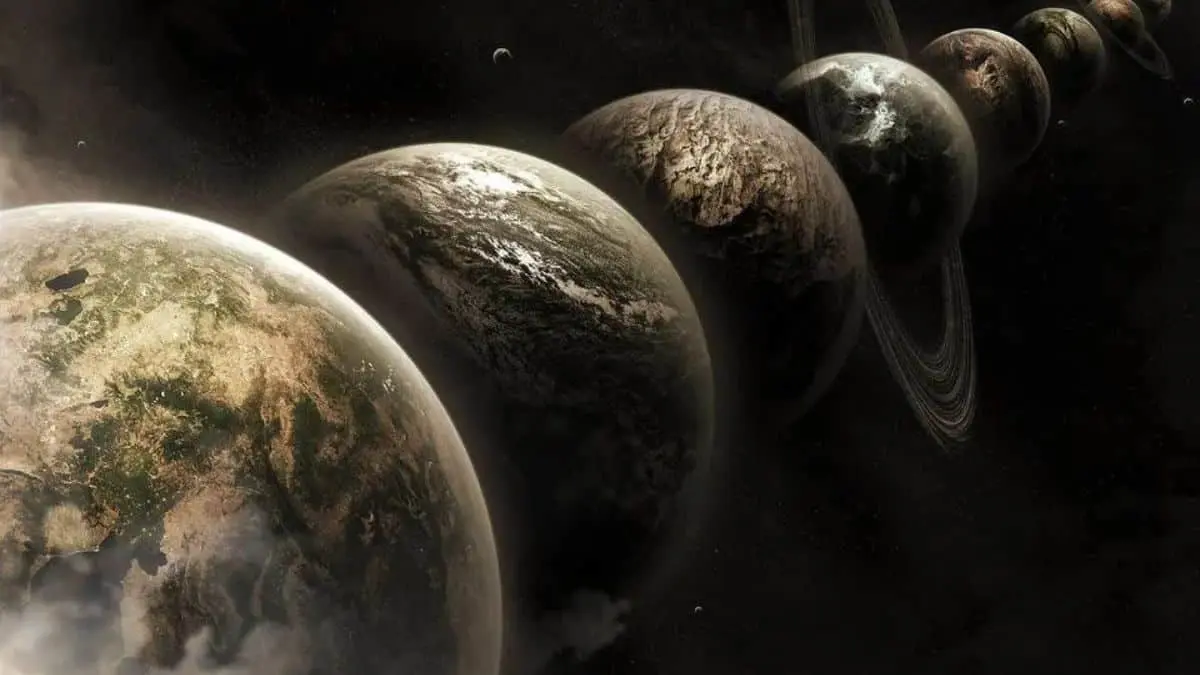The concept of a multiverse, a theory suggesting the existence of multiple, perhaps infinite, universes parallel to our own, has transitioned from the realm of science fiction to a serious subject of scientific inquiry. This shift is not without reason; advancements in physics and cosmology have provided a framework within which the idea of a multiverse not only makes sense but might be necessary to explain certain phenomena. This article delves into the reasons scientists believe the multiverse extends beyond mere fantasy, examining the theoretical underpinnings, empirical evidence, and philosophical implications of this intriguing hypothesis.
Theoretical Foundations
Quantum Mechanics and the Many-Worlds Interpretation
One of the pillars supporting the multiverse concept is the Many-Worlds Interpretation (MWI) of quantum mechanics. Proposed by Hugh Everett in the 1950s, MWI suggests that all possible outcomes of quantum measurements actually occur, each in its own distinct universe. This interpretation solves the measurement problem in quantum mechanics by proposing that every quantum event spawns a “branching” of the universe, creating a near-infinite tapestry of parallel universes where every possibility is realized.
Inflation Theory and the Bubble Universes
The theory of cosmic inflation, proposed by Alan Guth in the 1980s, provides another foundation for the multiverse concept. Inflation theory posits that the early universe underwent a rapid expansion, faster than the speed of light, smoothing out the distribution of matter and energy. This process could have spawned “bubble universes” within an ever-expanding cosmic foam. Each bubble could have different physical laws and constants, resulting from the diverse ways in which the symmetry of the fundamental forces broke down in each bubble.
String Theory and the Landscape Multiverse
String theory, a candidate for the theory of everything, suggests that the fundamental particles we observe are not point-like dots but rather tiny, vibrating strings. These strings can vibrate at different frequencies, corresponding to different particles. The theory requires extra spatial dimensions, which can be compactified in many ways, leading to a vast “landscape” of possible universes, each with its own set of physical laws.

Empirical Evidence
Cosmic Background Radiation and Patterns of Inflation
While direct evidence of other universes is inherently challenging to obtain, certain features of our universe, such as irregularities in the Cosmic Microwave Background (CMB) radiation, might hint at interactions with other universes. Some theorists suggest that these irregularities could be the result of our universe colliding with another universe in the early stages of inflation.
Dark Flow and Unseen Universes
Another intriguing piece of evidence is the phenomenon known as “dark flow” — the observed motion of galaxy clusters along a common direction that cannot be explained by present models of mass distribution in the universe. One explanation for this mysterious movement is the gravitational pull of massive structures in neighboring universes.
Philosophical Implications
The Anthropic Principle and Fine-Tuning
The anthropic principle, which posits that our universe appears fine-tuned for the emergence of life because we are here to observe it, gains a new dimension within the multiverse framework. If there are countless universes, each with different physical laws, then it’s less surprising that at least one happens to have the right conditions for life. This perspective shifts the discussion from why our universe is fine-tuned to why we find ourselves in a universe that supports life.
The Problem of Predictability and Scientific Testability
The multiverse theory raises important philosophical questions about the nature of science itself, particularly regarding the criteria of predictability and testability. Since observing other universes directly is likely impossible with current technology, some critics argue that the multiverse theory is not scientifically falsifiable and hence more philosophical than empirical. Proponents counter that indirect evidence, such as patterns in cosmic background radiation or theoretical consistency, could support the multiverse hypothesis.
Conclusion
The concept of a multiverse is one of the most fascinating and controversial topics in modern physics and cosmology. While it extends beyond the bounds of our current observational capabilities, it is grounded in serious scientific theories and, in some cases, supported by indirect empirical evidence. The multiverse hypothesis addresses fundamental questions about the nature of reality, the origins of our universe, and the conditions for life. Whether it will ever move from the realm of theoretical speculation to an empirically verified reality remains an open question. Nonetheless, the journey of exploring these possibilities continues to push the boundaries of human knowledge and imagination, illustrating the power of scientific inquiry to explore the most profound mysteries of the cosmos.
Also Read: Innovative technology achieves 93% efficiency in converting CO2 to chemicals



